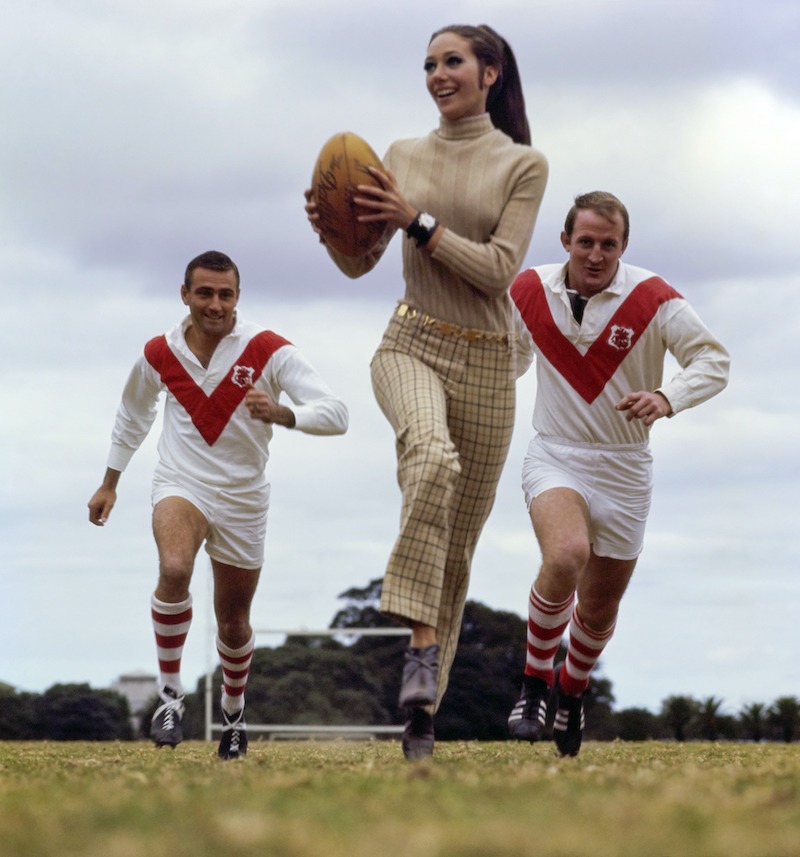Seven Habits for Longevity Practiced by Experts
Kristina Mikulić Gazdović
November 1, 2024


Kristina Mikulić Gazdović
November 1, 2024
Longevity might be one of the biggest wellness trends of 2025. New clinics, screenings, and treatments are popping up all the time. But I don’t see longevity as just another trend. To me it represents an entirely new and exciting culture of living. Thanks to numerous new scientific discoveries that help not only slow down aging but also reverse biological age, you’re going to hear a lot more about longevity.
However, I’m always interested in learning what longevity habits experts personally practice in their own lives. I asked the Spanish SHA Wellness Clinic experts about their own longevity routines. As one of the most awarded wellness clinics, which also won the World’s Best Wellness Clinic 2024 award from World Spa Awards this year, I was curious what advice I could get. Dr. Vicente Mera, a specialist in internal medicine with a focus on anti-aging medicine, shared with me what the life of a doctor who is focused on longevity looks like.
“To maintain health and optimal life expectancy, I try to ensure that the seven pillars of well-being and longevity are in harmony with my genetic predispositions”, says Dr. Mera. These include a specific diet, exercise, mental health work, a special relationship with sleep, caution about toxins, maintaining gut health, and regular biometric screenings.
“The quality and quantity of food are very important for longevity,” believes Dr. Mera. The organic origin of food is truly very important, and as for foods that can help optimize lifespan, Dr. Mera highlights the following:
In the context of longevity, Dr. Mera highlights the Mediterranean and Japanese diets as the best examples of diets for longevity, but also adds that avoiding sugar will help a lot.
The concept of exercise is almost synonymous with a healthy life, but we are only recently becoming aware of the true extent that exercise can have on our bodies. Dr. Mera emphasizes that cardio and strength training are the most important types of exercise associated with longevity. Strength training, in particular, helps strengthen the skeleton, which plays a big role in quality of life in old age.
Dr. Mera places great importance on rest in his life, and especially on quality sleep. “I aim to get adequate sleep for proper rest”. Rest is just as important as work, so all types of relaxation are welcome, and in a longevity routine, sleep is crucial.
Stress is inevitable, so navigating stress properly is necessary. A doctor of longevity emphasizes working on mental health in his lifestyle for longevity, with a particular focus on regulating emotions and stress as one of the seven important pillars for longevity.
Taking care of heavy metals and toxins is not easy without medical help. Dr. Mera also places great emphasis on this practice. “One of the longevity practices I take care of is avoiding exposure to all types of toxic substances that could enter my body consciously and distancing myself from those that might enter more subtly, such as pollutants and heavy metals.” It’s good to follow current information and warnings from relevant agencies about food, as food contaminated with heavy metals is a common source of this problem. Also, it’s good to avoid drinking and eating from plastic packaging to reduce exposure to toxins.
We hear more and more about the microbiome. Digestive problems and its microbiome are reflected in the health of the entire body. “I take great care of the health of my microbiome through my diet and supplements,” emphasizes Dr. Mera. Digestive health can also affect our mental health, as well as the rate of aging in the body. One way to take care of the body’s microbiome is through popular fermented foods like kimchi, pickled vegetables, or fermented drinks like kombucha.
Just as we go to the dentist for a routine checkup, or with a general practitioner at least once a year, we should go for regular check-ups for longevity, too. This way, we can perform certain biometric analyzes to determine our biological age, but also to compare whether the longevity practices we are dedicated to are working or not. “In my longevity routine, I place special emphasis on conducting regular biometric and analytical assessments to know and correct all predictive biomarkers related to my well-being and expected lifespan”, explains Dr. Mera. Thanks to the popularity of longevity clinics, such measurements are becoming more and more accessible and can make a big difference in the quality of life and health.